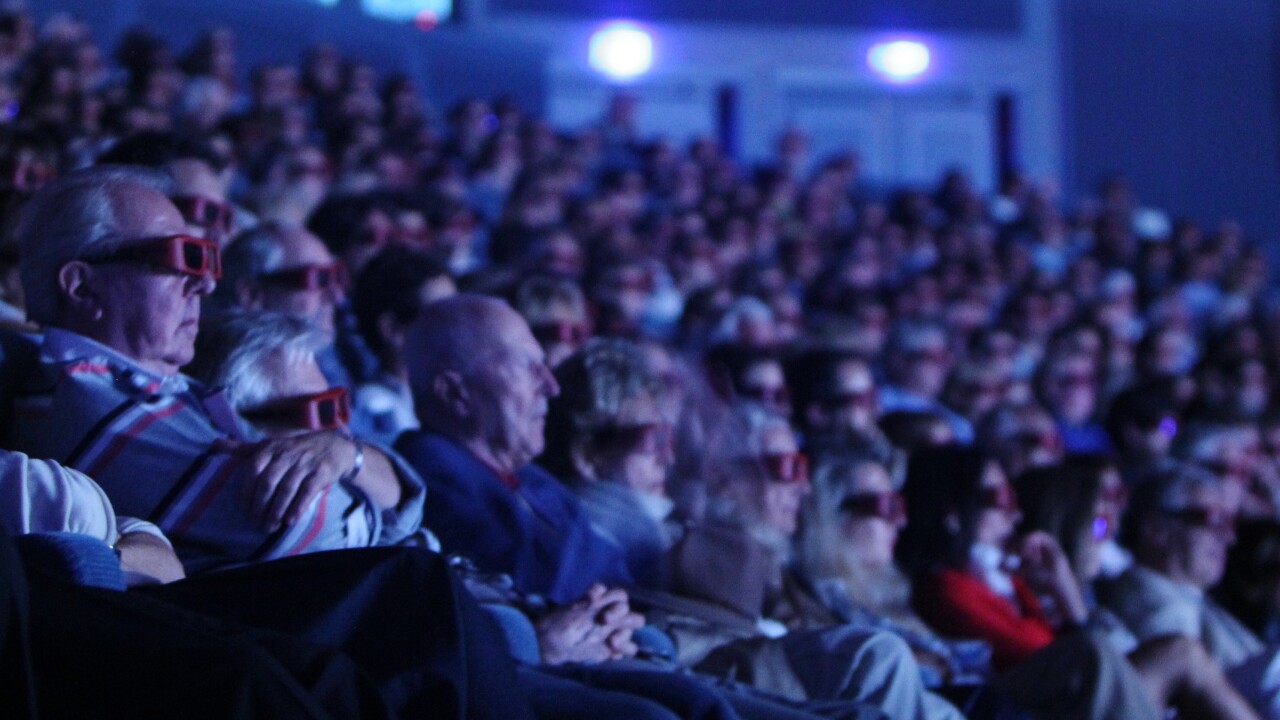
The BBC is the latest television broadcaster to abandon 3D programming, after admitting that the technology and associated content has failed to take off in the UK.
Kim Shillinglaw, BBC Commissioning Editor for Science and Natural History, is currently overseeing the company’s two-year pilot for 3D content. In an interview with the Radio Times, she said the BBC would be taking a three-year break from creating any 3D programming at the end of this year.
“I have never seen a very big appetite for 3D television in the UK,” Shillinglaw said. “Watching 3D is quite a hassly experience in the home; you’ve got to find your glasses before switching on the TV. I think when people watch TV they concentrate in a different way. When people go to the cinema they go and are used to doing one thing – I think that’s one of the reasons that take up of 3D TV has been disappointing.”
The BBC is gearing up for the 50th anniversary of the beloved sci-fi show Doctor Who, which will be celebrated with a special epsiode broadcast in 3D this November.
The Corporation is also showing the Wimbledon semi-finals, ladies final and men’s final in 3D this weekend, predominantly through Hawk-Eye and other on-screen graphics. Six additional 3D cameras have been placed around Centre Court and the improved broadcast will be available on the BBC Red Button HD channel.
The BBC’s decision to suspend 3D programming isn’t a great surprise given that the take-up of 3D-enabled televisions has been slow. Some blame the reliance on 3D glasses – it can be a hassle to take them off every time the viewer wants to glance at their smartphone or walk into the kitchen – but there’s also a significant number of people who think it actually degrades from the original footage.
Sports broadcaster ESPN announced last month that it would soon be closing its ESPN 3D channel due to the low adoption of 3D in the home. It was a massive blow for the technology, given that sports is arguably one of the most compelling and suitable types of content for 3D broadcasting.
The three-year suspension means that the BBC could start developing new 3D programming again in the future. It’s no doubt a ‘wait and see’ approach, whereby the BBC can re-evaluate the take-up of 3D television sets and whether it’s worth the resources to develop 3D-enabled content.
With 4K televisions and 4K content on the horizon, however, we wouldn’t be surprised if the industry ditches 3D content altogether in the next few years.
Image Credit: KENZO TRIBOUILLARD/AFP/Getty Images
Get the TNW newsletter
Get the most important tech news in your inbox each week.





